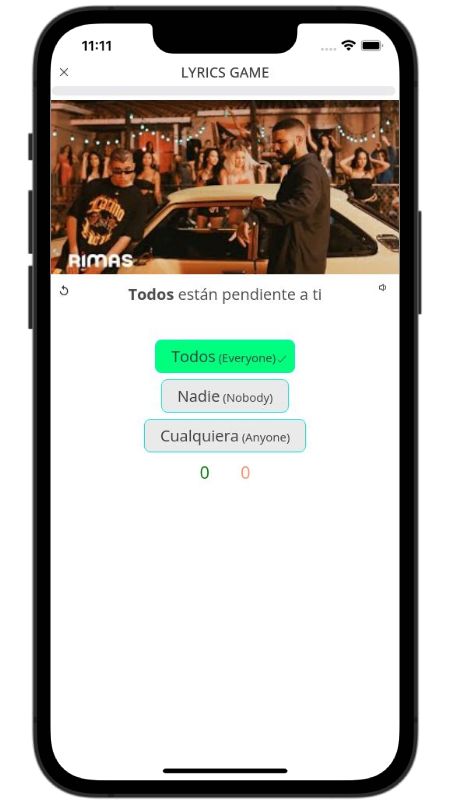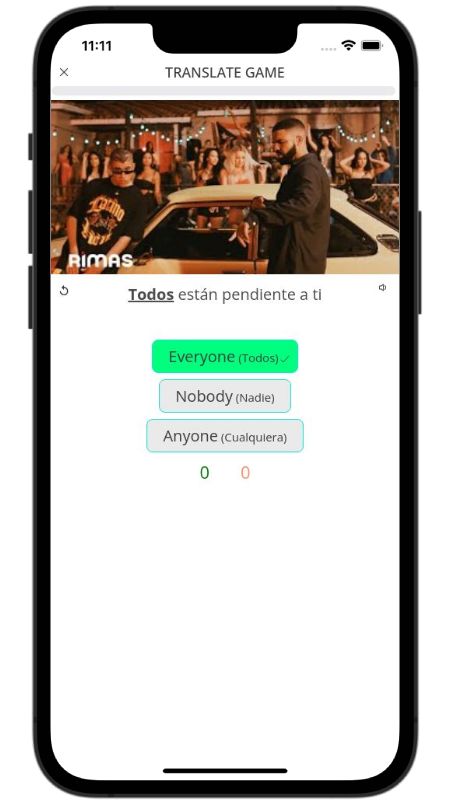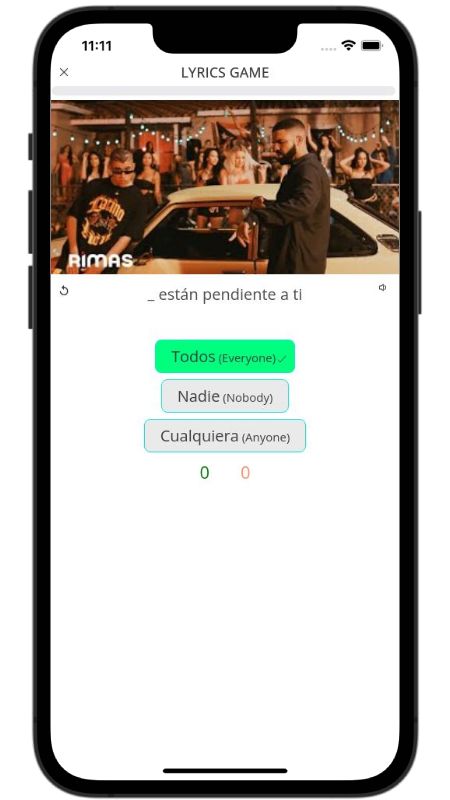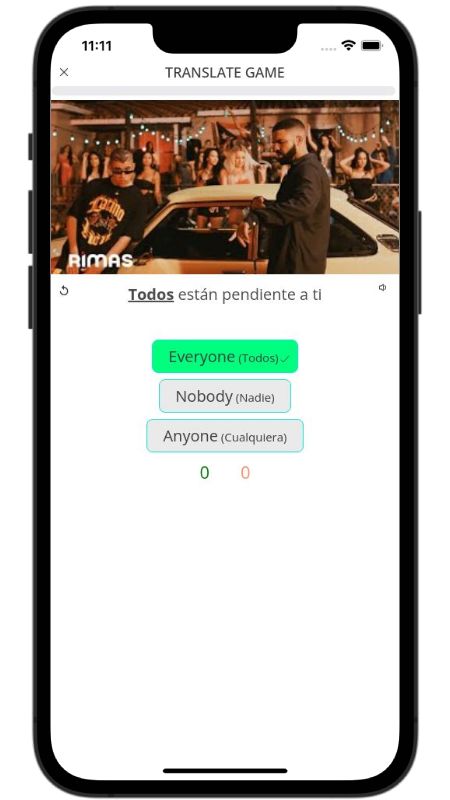Muro Lyrics in English Miguel Bosé
Below, I translated the lyrics of the song Muro by Miguel Bosé from Spanish to English.
These lyrics have verified word for word translations. Click any lyric word to see the translation and hear the pronunciation!
You dip the bread
in the empty plate
and you turn off the TV
You open the window
and you look outside
The city waits for you
somewhere
You go out to the street
and you reach the wall
where everybody ends
where the sea begins
You count the steps
going back home
and you turn on the TV
You fall asleep
and when the anthem starts
you go to bed
you go to dream
Moon
Something is happening
I'm feeling that this time
they're leaving me alone
at least alone
like the night
Moon
You wet your face
like any day
and you go without shaving
You buy the paper
and you notice that the world
has changed its face
for better or worse
and you keep walking
and you go to the wall
where everybody ends
where the sea begins
Moon
Something is happening
I'm feeling that this time
they're leaving me alone
at least alone
like the night
Moon
Something is happening
I'm feeling that this time
they're leaving me alone
at least alone
like the night
Night
You dip the bread
in the empty plate
and you turn off the TV
You go out to the street
and you go to the wall
where there's always someone
where the sea begins
Lyrics and Translations Licensed & Provided by LyricFind
Did you like these lyrics?
Did you know?
In addition to reading lyric translations, you can now learn Spanish with music and lyrics from your favorite artists.
No more boring lessons. You can now learn with engaging and culturally relevant lyrics from the best artists.
Apple and App Store are trademarks of Apple Inc.
Google Play and the Google Play logo are trademarks of Google LLC.
iOS AppAndroid AppWeb LessonsJoin ClassroomLyrics TranslationLyricsBlogAbout UsFree PDF WorksheetsBuy as Gift











